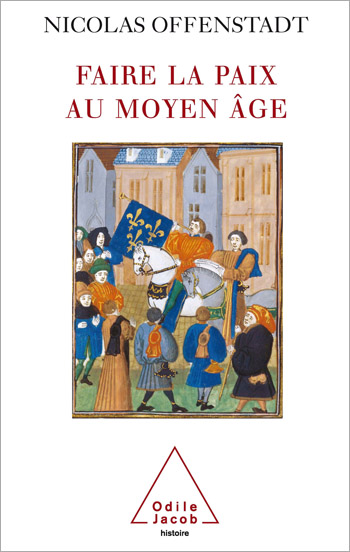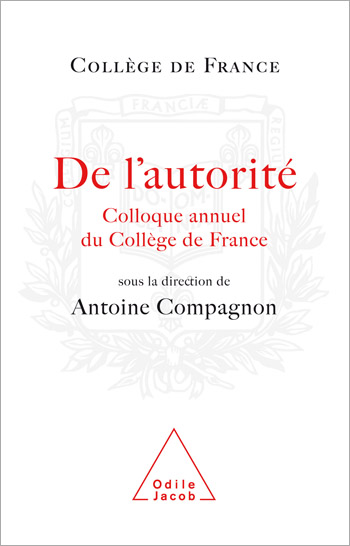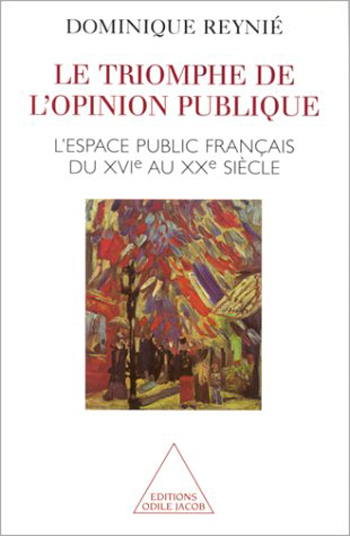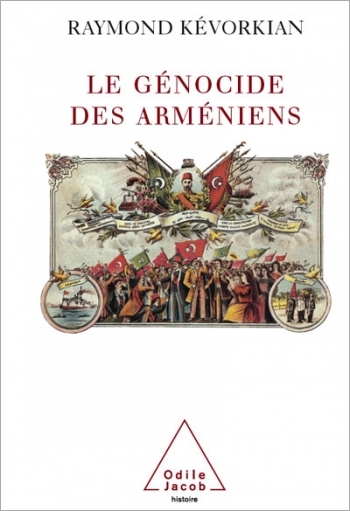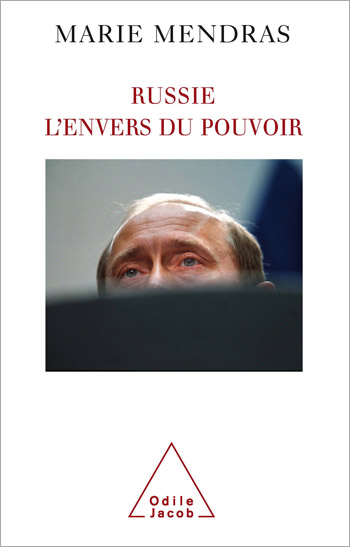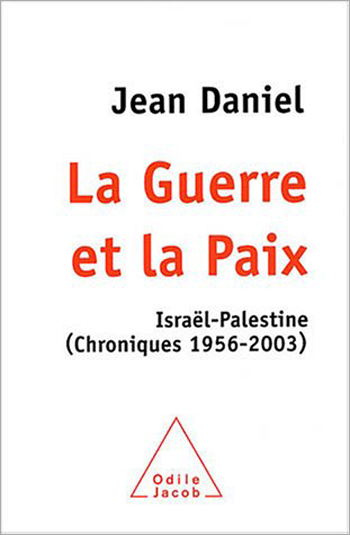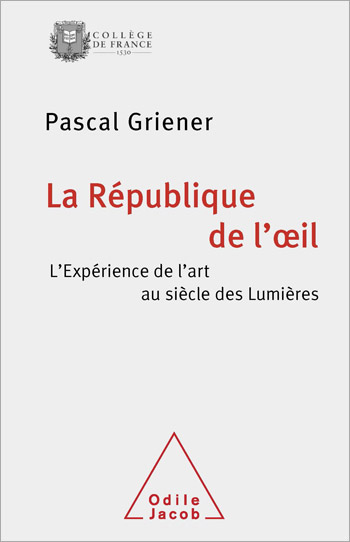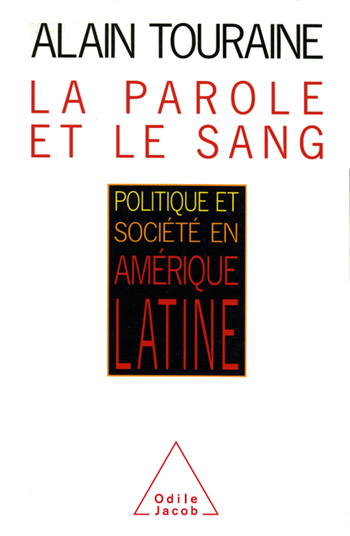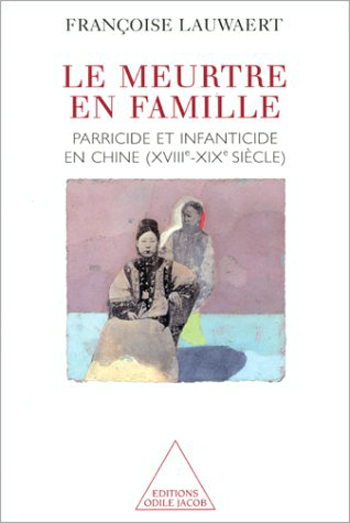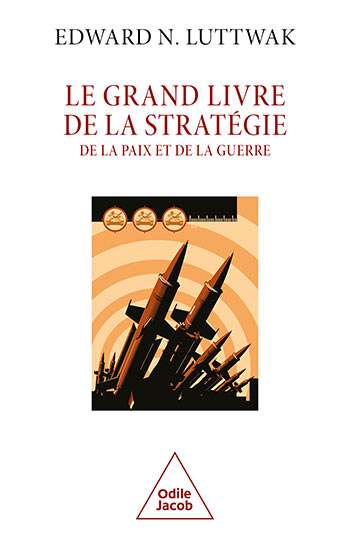History and Geopolitics All books
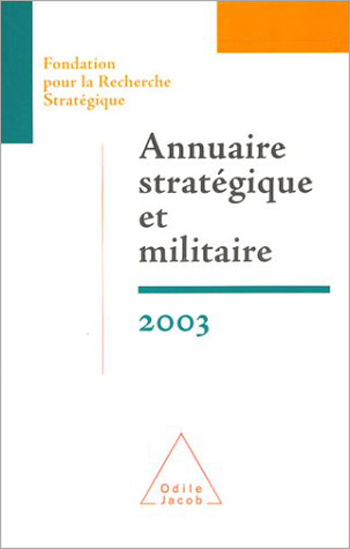
Fondation pour la Recherche Stratégique, François Heisbourg
Strategic and Military Yearbook 2003
The war in Iraq - what are the origins of the conflict and the consequences for the Middle East and Europe ? Al-Qaeda, Iran, Syria, North Korea - where are the potential conflicts and those already underway ? Europe, the United States - what place does American supremacy leave its former allies in the Cold War ? What choices can Europe make in the face of this mounting danger ? This book provides an up-to-date, concise and accurate survey of the major trends and strategic challenges facing the world today and tomorrow.
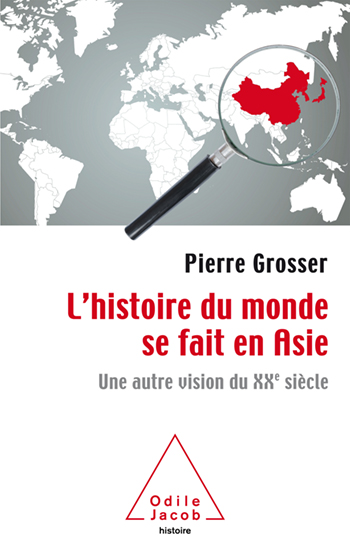
Pierre Grosser
The History of the World is Made in Asia Another vision of the twentieth century
A "de-westernized" story: many episodes that are often overlooked are described here — the Russian civil war in the Far East, the Anglo-Japanese confrontation in Manchuria, the harshness of the Korean War…

Gérard Chaliand, Jean-Pierre Rageau
The Atlas of Diasporas
For the first time, a complete and global presentation, both historical and geographical, of diasporas. Sixty maps, many illustrations, and accurate syntheses help reproduce the great archipelago of exile, wandering and migration. From the authors of The Strategic Atlas, The Political Atlas of the 20th Century, and The Atlas of Europeans.

Colonel Passy
Colonel Passy Memoirs of the Chief of the Secret Services of a Liberated France
These two volumes constitute a new edition of Colonel Passys memoirs, which were first published by Plon in a three-volune limited edition (Deuxième Bureau-Londres; 10 Duke Street-Londres; Missions Secrètes en France). The new edition has been presented and annotated by historian Jean-Louis Crémieux-Brilhac, a specialist in the period. André Dewawrin, alias Colonel Passy, headed the Bureau de Contre-espionnage, de Renseignement et dAction (BCRA) of the Free French in London, from 1940 to 1944. He became General Koenigs chief of staff, in 1944. A former student at the prestigious Ecole Polytechnique, he headed the department of research and study for the French Ministry of Defence after the war.

Bernard Frank
Gods and Buddhas in Japan (Work of the Collège de France)
Japanese Buddhism descends directly from the Chinese Buddhist tradition which flourished from the sixth to the eighth centuries.

Nathan Weinstock
The Promised Land that Promised Too Much
This vast investigation, based on new sources, will transform the prevailing vision of the Arab-Israeli conflict and of its origins.
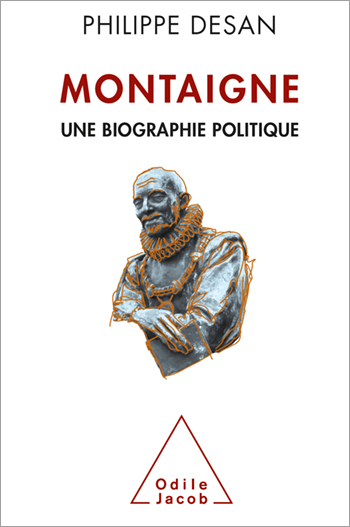
Philippe Desan
Montaigne A Political Biography
A brilliant, erudite biography that demolishes many received ideas about the great French philosopher
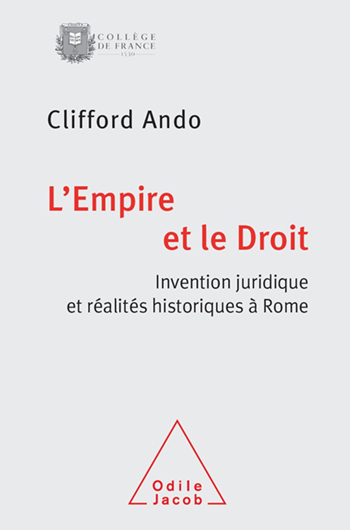
Clifford Ando
Law and Empire The Invention of Rome’s Legal System and Historical Reality
A study of the Roman legal system, in light of the history of the Empire

Graham Allison
Destined for War Can America and China Escape Thucydides’s Trap?
China and the United States are heading toward a war neither wants.

Denis Crouzet
Charles V The Anguish of Power
A new biography of Charles V, a highly underestimated character hanging between power and renunciation

Laurent Douzou
Disobedience History of the Liberation Movement
Not everybody in the world become a Pétainist after the debacle and not all the resistance movements were infiltrated by communists working for the benefit of Moscow. Drawing upon numerous archives, Laurent Dazou explains why several men and women as diverse as a freewheeling navy officer, a normalien philosopher obsessed with maths, a young militant communist from the Latin Quarter and a founding banker from an anti-Semetic league, refused to crack under pressure, joining the ranks of disenchantment, and learning to resist by organizing themselves to fight and to blaze the trail of disobedience. Laurent Douzou is a specialist in the history of the Resistance.

Samantha Besson
Inventing Europe Collège de France Autumn Colloquium 2021
This book was published under the direction of Samantha Besson, current occupant of the International Institutional Law Chair at the Collège de France

